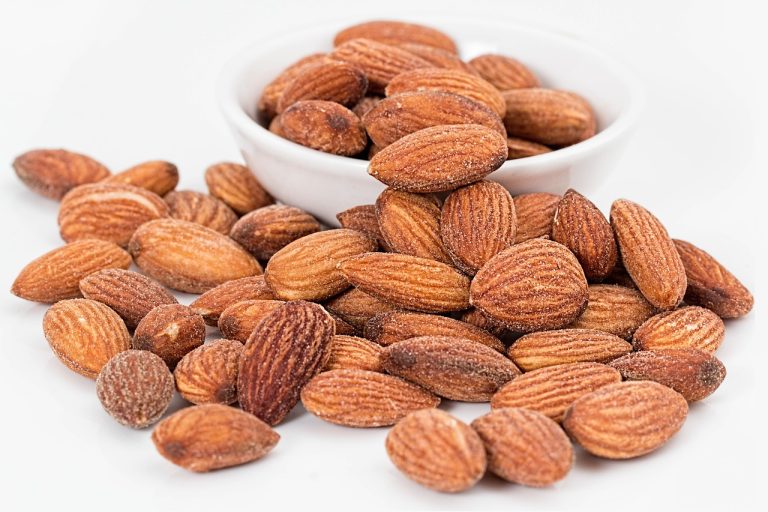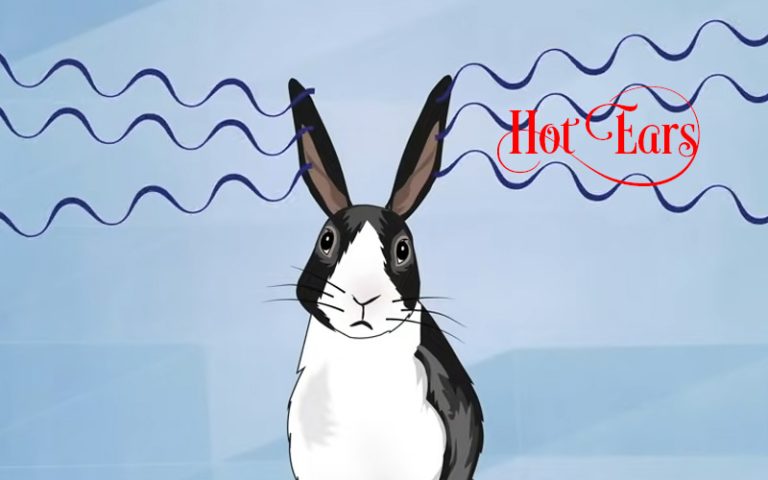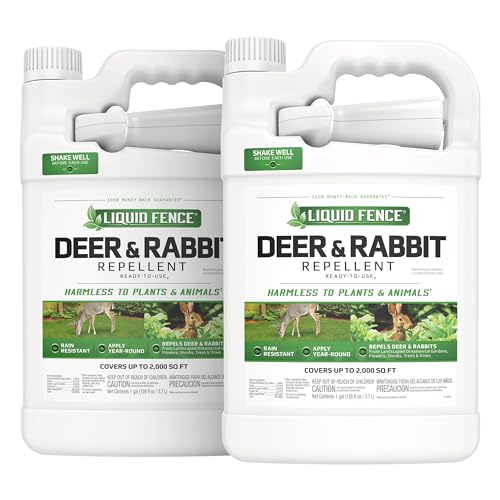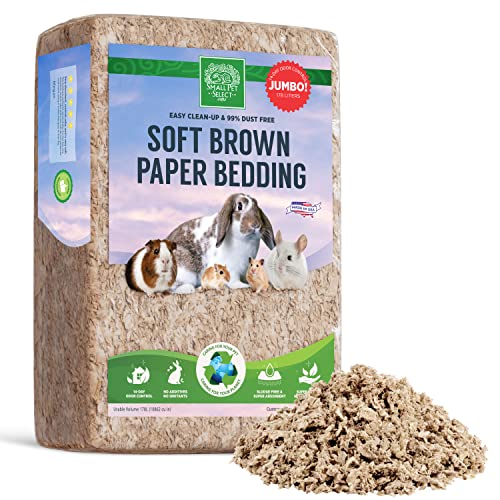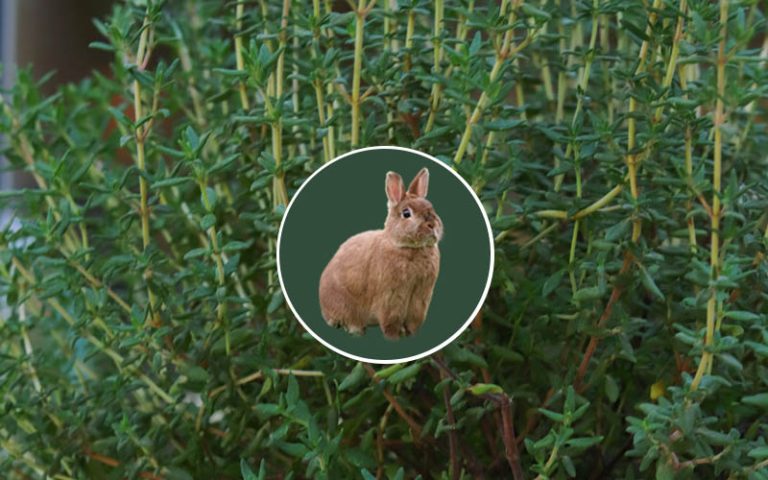8 Common Causes Why Is My Rabbit Not Eating?
Your rabbit may not be eating due to various reasons, such as illness, stress, dental issues, or a change in diet.
If your fluffy companion has suddenly lost interest in their munchies, several common culprits may be at play. From dental dilemmas to dietary disapproval, this guide explores eight prevalent reasons why your rabbit is not eating.
Why Is My Bunny Not Eating? – 8 Causes
It’s concerning when your beloved bunny refuses to eat, as proper nutrition is crucial for their well-being. If you’ve noticed a sudden change in your rabbit’s eating habits, there could be various reasons behind it.
Eight common causes for a bunny’s loss of appetite and offer simple solutions to help get your furry friend back on track.
1. Dental Issues
One of the primary reasons your bunny might be avoiding food is dental problems. Rabbits have continuously growing teeth, and if they become overgrown or misaligned, it can be painful for them to chew. Check for signs of drooling, difficulty eating, or even a decrease in grooming habits, as these may indicate dental issues.
2. Gastrointestinal Stasis
Gastrointestinal stasis, commonly known as GI stasis, is a serious condition in rabbits where the digestive system slows down or stops altogether. Lack of proper movement, dehydration, and a diet low in fiber can contribute to GI stasis.
3. Stress or Change in Environment
Rabbits are sensitive creatures, and changes in their environment can lead to stress, affecting their appetite. Whether you’ve moved to a new home, introduced a new pet, or made alterations to their living space, your bunny may take time to adjust.
4. Illness or Infection
Various illnesses and infections can cause a loss of appetite in rabbits. Respiratory infections, dental issues, or gastrointestinal problems may be underlying factors. Monitor your bunny for any signs of lethargy, discharge from the eyes or nose, or changes in behavior.
5. Dental Malocclusion
Dental malocclusion occurs when a rabbit’s teeth do not align correctly. This misalignment can lead to difficulty eating, causing your bunny to avoid food altogether. Regularly check your rabbit’s teeth for signs of overgrowth or misalignment.
6. Poor Diet
A diet lacking in essential nutrients can result in a lack of interest in food for your bunny. Ensure that your rabbit’s diet includes a balanced mix of hay, fresh vegetables, and high-quality pellets. Fresh hay, such as timothy hay, should make up the majority of their diet, as it promotes proper digestion and dental health.
7. Obesity
While it may seem counterintuitive, obesity can lead to a lack of appetite in rabbits. Overweight bunnies may struggle to move comfortably or may develop health issues that impact their eating habits.
8. Age-Related Changes
As rabbits age, they may experience a natural decline in appetite. Elderly bunnies may develop dental problems, arthritis, or other age-related issues that impact their ability to eat.
What to Do If Your Rabbit Stops Eating?
If you notice that your furry friend, the rabbit, has suddenly stopped eating, it’s crucial to take prompt action. A decrease in appetite can be a sign of various issues, and addressing the situation quickly is essential to ensure your rabbit’s health.
Below, are the 8 practical tips on what to do if your rabbit stops eating.
1. Observe Your Rabbit’s Behavior
Begin by closely observing your rabbit’s behavior. Look for any signs of discomfort, lethargy, or changes in activity levels. If your rabbit is also avoiding water or exhibiting abnormal behaviors, it’s crucial to consult a veterinarian immediately.
Understanding your rabbit’s overall demeanor can provide valuable clues about the potential cause of their reduced appetite.
2. Check for Dental Problems
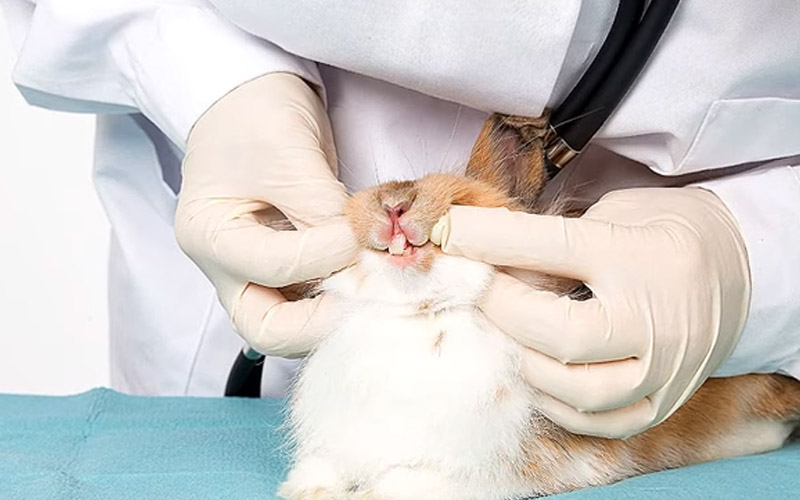
Rabbits have continuously growing teeth, and dental issues are a common cause of reduced appetite. Inspect your rabbit’s teeth for signs of overgrowth, uneven wear, or any abnormalities.
If you notice any problems with their teeth, consult your veterinarian promptly. Dental issues can be painful for rabbits, and addressing them early is essential to prevent further complications.
3. Provide Fresh Hay
Hay is a crucial part of a rabbit’s diet as it helps maintain healthy digestion and dental health. Ensure that your rabbit has access to fresh, high-quality hay at all times. If your rabbit has stopped eating pellets or vegetables, encourage them to eat hay.
You can try offering different types of hay to see if your rabbit has a preference, such as timothy hay, orchard grass, or meadow hay.
4. Offer a Variety of Fresh Vegetables
Rabbits thrive on a varied diet that includes fresh vegetables. Introduce a mix of rabbit-safe vegetables, such as leafy greens, carrots, and bell peppers. Make sure to wash the vegetables thoroughly and provide them in small, bite-sized pieces.
If your rabbit is hesitant to eat, try offering their favorite vegetables or herbs to entice them. However, be cautious not to introduce too many new foods at once, as sudden dietary changes can cause digestive issues.
5. Hydration is Key
Dehydration can exacerbate the effects of a reduced appetite. Ensure that your rabbit has access to clean, fresh water at all times. If your rabbit is not drinking water, you can encourage them by providing water in a clean bowl or using a rabbit-friendly water bottle.
Additionally, consider offering water-rich vegetables, such as cucumber or lettuce, to boost their hydration levels.
6. Maintain a Comfortable Environment
Rabbits are sensitive animals, and changes in their environment can stress them, leading to a decreased appetite. Ensure that your rabbit’s living space is comfortable, quiet, and free from any potential stressors.
Make sure they have a cozy and secure place to retreat to, as rabbits often feel safer in enclosed spaces. Minimize loud noises and sudden disruptions, and provide a consistent routine to help your rabbit feel secure and at ease.
7. Consult a Veterinarian
If your rabbit’s appetite does not improve or if you notice any additional concerning symptoms, it’s crucial to seek professional veterinary advice. A veterinarian experienced in rabbit care can conduct a thorough examination, and perform necessary tests.
Determine the radical cause of your rabbit’s reduced appetite. Early intervention is key to addressing health issues and improving your rabbit’s chances of a speedy recovery.
8. Monitor Weight and Keep Records
Regularly monitor your rabbit’s weight to track any changes. Sudden weight loss can be an indication of health issues.
Keep a record of your rabbit’s daily food intake, water consumption, and any changes in behavior. This information can be valuable for your veterinarian in diagnosing and treating your rabbit effectively.
FAQ
Your rabbit might not be eating hay for various reasons. Check for dental issues, ensure the hay is fresh and not spoiled, and try different types of hay. Stress or health problems could also be factors.
Your rabbit may be refusing food but drinking water due to various reasons. Dental issues, stress, or an upset stomach could be causing discomfort.
It’s common for rabbits to be selective about their food. They often have specific preferences and may refuse certain foods. This behavior is normal and can be influenced by freshness and taste.
You can hand-feed your rabbit if it’s not eating. It’s important to gently offer small amounts of its usual food, like hay or pellets, directly to its mouth. If it still refuses, try tempting it with fresh greens or herbs.


